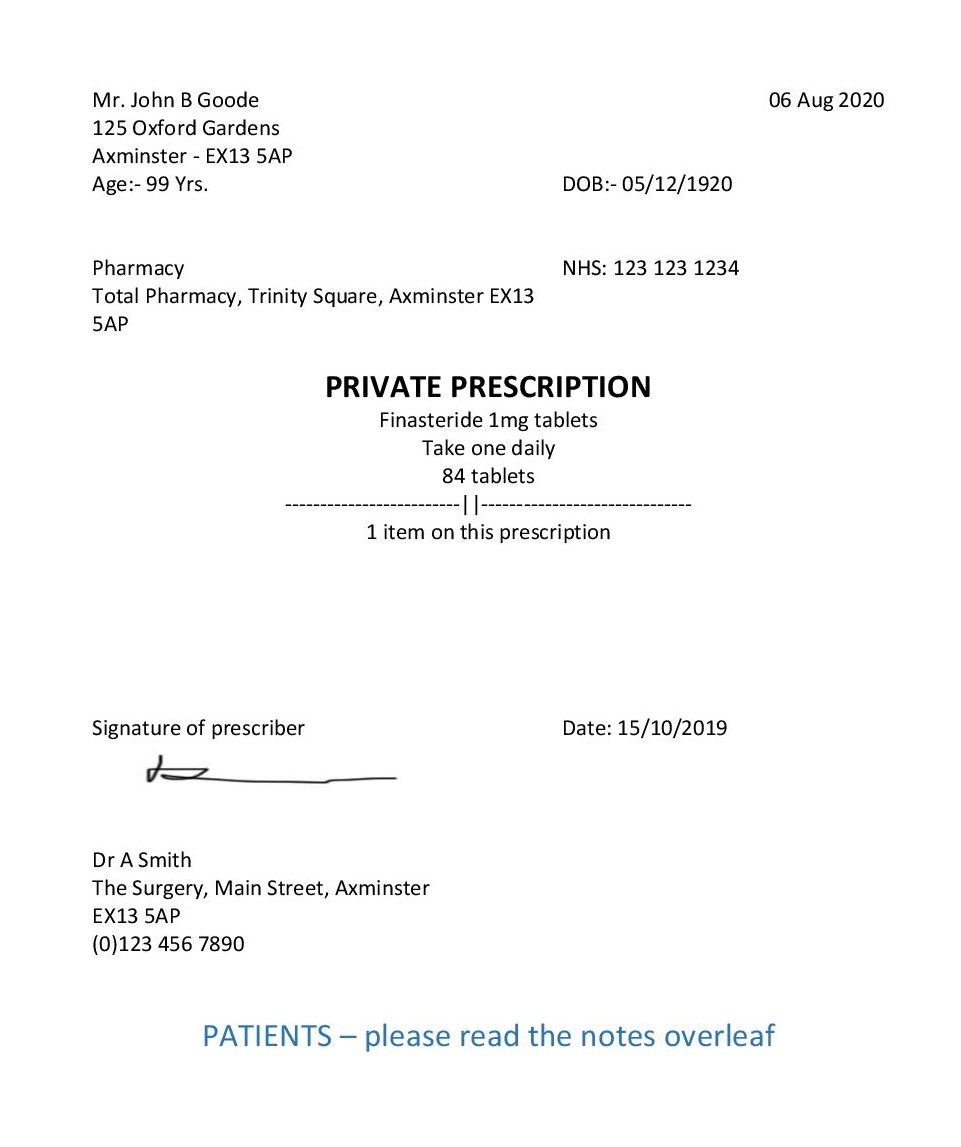Malaria Prevention
Buy malaria prevention medication using our online doctor service:
You do not need your own prescription. This is an all inclusive service where we issue the prescription, dispense the prescription and despatch the order to your chosen address.
Click here to see products and prices.
Why would you use this service?:
Convenience. - Complete the online questions now.
Deliver to your home or work address.
Speed. - The treatment could be with you as soon as tomorrow.
Discount for every repeat order.
Secure, discreet packaging.
Trustworthy partnership of Totalpharmacy.co.uk and Pharmadoctor.co.uk
No prescription needed to order.
SYMPTOMS OF MALARIA:
Malignant malaria (Plasmodium falciparum) can develop from eight days after being bitten by a mosquito and the benign form (Plasmodium viva) may incubate for even longer. The typical symptoms of malaria are fever, sweats, chills, shaking, headache, vomiting, diarrhoea and aching muscles. You should seek medical advice if you experience any of these symptoms within one year (in some cases longer), but especially within three months of returning from an endemic area.
People returning to their country of origin can be as likely to contract malaria as anyone else because immunity to malaria can be lost in as little as 6 months.
ANTI-MOSQUITO MEASURES FOR PREVENTING MALARIA:
Advice on malaria prevention changes frequently.
No prophylaxis regimen is 100% effective so it is important that you take the following measures to avoid being bitten:
• Use mosquito nets impregnated with permethrin (an insecticide) around the bed at night. Check that the net has no holes. Tuck the net under the mattress.
• Use effective insect repellents on exposed skin. DEET (diethyltoluamide) products are recommended. The Advisory Committee on Malaria Prevention (ACMP) advise that concentrations of DEET below 20% would not be effective against mosquitoes. The protective effects of DEET only last for a few hours so several applications will be necessary; DEET 50% has the longest duration of action.
(Note: DEET can damage some fabrics and plastics)
• Wear long-sleeved clothing, long trousers and socks when outdoors after sunset. (They only bite between dusk and dawn) Permethrin or DEET products are available for application to clothing.
• There is no evidence to suggest that taking vitamin B, garlic or yeast spreads will act as a repellent. Herbal or Homoeopathic remedies should not be used to prevent malaria. Wrist bands impregnated with DEET, citronella products and electonic buzzers are not effective. Tea tree oil and bath oils also provide no protection.
Kill any mosquitoes in the room before sleeping.
Dosage Schedules for malaria prevention in 'at risk' areas:
malaria prevention4
If you are still unsure or would like confirmation please click on our malaria enquiry form.
ALWAYS TAKE EXACTLY AS PRESCRIBED.
STOPPING MEDICATION OR CHANGING THE DOSAGE IS NOT ADVISABLE.
Seek medical advice if you experience side effects to any antimalarial medication.
NB: Please consult your doctor before purchasing any medication if you are pregnant or breastfeeding, any children are travelling, you suffer from any medical condition or take any prescribed medication.
Antimalarial drugs should be taken with food and swallowed with plenty of water. You should always complete the course on return from the endemic area.
Long-term Travel
Proguanil and chloroquine may be taken for periods exceeding five years.
Mefloquine (Lariam) is currently licensed to be used for a period of 12 months, but can be taken safely for up to three years.
Doxycycline can be taken for up to two years.
Malarone is currently licensed for periods of stay not exceeding 28 days, but there is now experience of it being taken safely for up to one year.
PRECAUTIONS
Doxycycline can alter the metabolism of oral contraceptives. Patients using an oral contraceptive should take extra contraceptive precautions for the first three weeks after starting long-term antibiotics. After three weeks, gut flora develops antibiotic resistance and additional precautions become unnecessary. Rarely Doxycycline can cause photosensitivity (sensitivity to sunlight) in patients taking it at doses for malaria prophylaxis, it is normally mild and can be minimised by using high factor sunscreens.
Mefloquine should be avoided in patients with hypersensitivity to quinine and in patients with a history of any type of seizures or psychiatric disturbances, including depression.
EPILEPSY
Chloroquine and mefloquine are both contra-indicated in patients with epilepsy. Some antiepileptics may after the metabolism of doxycycline and reduce its plasma levels, but there is no evidence to suggest increasing the dose.
PSORIASIS
Chloroquine can cause flare-ups of psoriasis so is not recommended. Proguanil, mefloquine, doxycycline and Malarone do not cause any problems in patients with psoriasis.
HEPATIC OR RENAL IMPAIRMENT
All patients with hepatic or renal impairment should be referred to their specialist, as we will not know the degree of your condition.
PREGNANCY
Travel to malarious zones during pregnancy should be avoided. However, if travel is unavoidable, effective prophylaxis should be used as malaria is more severe during pregnancy and the risk of malaria to mother and foetus is greater than the risk from any antimalarial drugs at the recommended doses. All pregnant travellers should see their doctor.
Chloroquine and proguanil may be taken in usual doses throughout pregnancy. Pregnant women taking proguanil should be supplemented with 5mg of folic acid daily.
Mefloquine is not licensed for use in pregnancy and should normally be avoided.
Doxycycline is contra-indicated during pregnancy.
Malarone should be avoided because its safety in pregnancy has not been established.
BREASTFEEDING AND BREASTFED INFANTS
Prophylaxis is still required in breast-fed infants; although anti-malarials are excreted in breast milk, the amounts are too variable to give reliable protection. Doxycycline and Malarone are contra-indicated in lactation. Chloroquine and proguanil are suitable for use in breast-feeding. Mefloquine may be suitable in some circumstances.
Further information ? Try
www.btha.org 0845 003 9197
www.fitfortravel.nhs.uk for malaria maps, vaccination requirements and advice sheets.
www.nathnac.net for malaria and yellow fever maps, vaccination requirements and advice sheets.
www.fco.gov.uk for embassy and safety updates for each country.
Immunisation for adult and child immunisation schedules.
For much more information click NHSDirect or go to NHSDirect at www.nhs.uk BUT DON'T FORGET TO COME BACK TO US.


